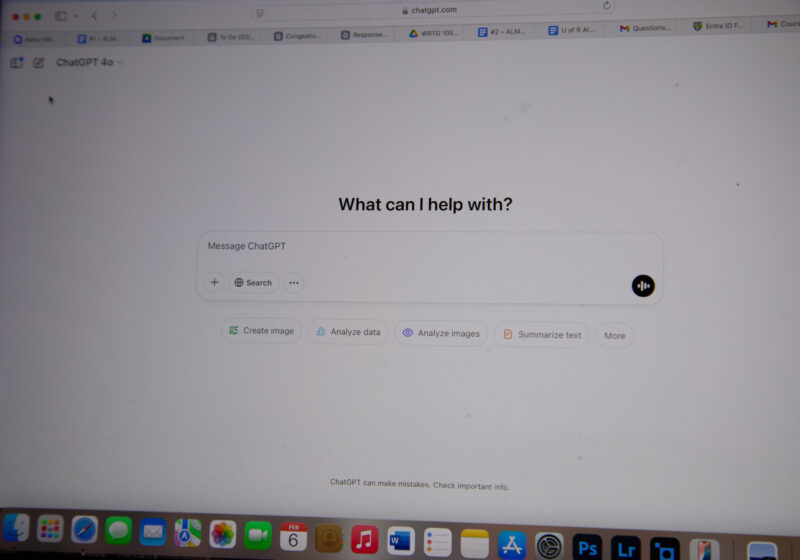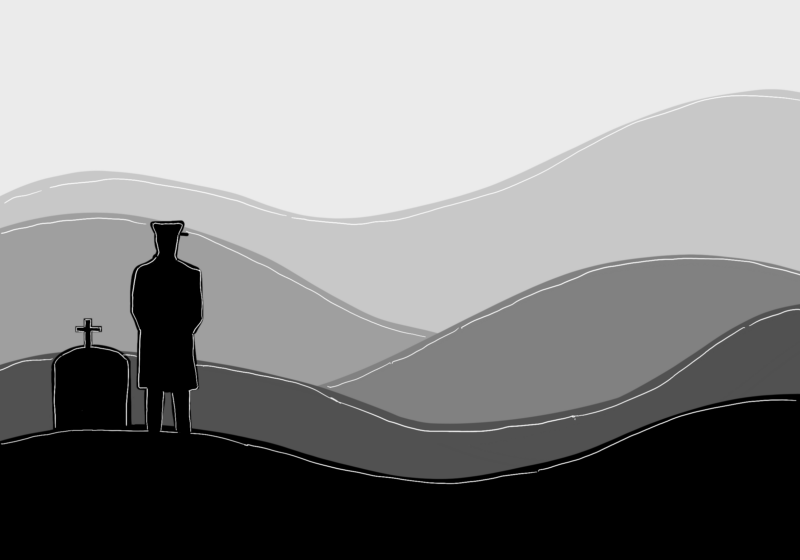On Sept. 14, Bryan Stascavage, a student at Wesleyan University, published an op-ed in the student newspaper, the Argus. The article, titled “Why Black Lives Matter Isn’t What You Think,” was a relatively mild criticism of the Black Lives Matter (BLM) movement, stating that Stascavage felt he could not back a movement that he saw as being anti-police. He wrote that he believed BLM shouldn’t be judged based on the actions of a few, just as conservatives shouldn’t be blanket-labeled as “homophobic” because of one country clerk in Kentucky. Within a day of publication, Stascavage was being threatened online, copies of the Argus were being stolen and burned by BLM activistss and national media picked up the story. The Argus editorial board apologized for publishing the piece the next day, writing that though they acknowledged the importance of having difficult or controversial opinions published on campus, they believed Stascavage’s article “cites inaccurate statistics and twists facts,” though nothing specific was detailed. A few weeks after the incident, the Wesleyan Student Association voted to re-allocate a large portion of the Argus’ funds towards 20 work-study positions to be distributed among all of the campus publications.
Free speech is a tricky thing that few people seem to understand. Any blogger or writer who’s been asked to take something down will cry that they’re being censored, perhaps not realizing that the First Amendment only applies to government censorship. If the Campus Times found my articles to be blatantly racist, misogynist, xenophobic, classist, etc., then they would have no responsibility to publish them. There’s a line between discourse on an exceptionally polarizing topic and purposefully inflammatory material, and it’s up to the editors’ discretion to decide where exactly it lies. Opinions aren’t free from scrutiny, which is why debate exists.
Go and read Stascavage’s article. It does, indeed, tend to paint with a broad brush and make a few unwarranted assumptions; in other words, it’s a fairly standard campus op-ed. I happen to disagree with Stascavage—just a few lines after he warns against “judging an entire profession off the actions of a few members,” he does the same to BLM, writing that if “vilification and denigration of the police force continues to be a significant portion of Black Lives Matter’s message, then I will not support the movement.” That is quite emphatically not central to what BLM stands for, and while there are certainly valid criticisms to be made of some the group’s tactics and policies, this one is a bit off-base.
In the wake of recent events, Stascavage has decried the “disease” of “Social Justice Warriors.” I assume he’s referring to, oh, people who feel as if they’re witnessing an injustice and then deciding to do something about it, in which case he’s a fool. Attacking people for having the gall to stand up for what they believe in is just plain silly, but that doesn’t absolve those who stand from any and all critical evaluation.
At a liberal arts institution, students are supposedly taught to engage with ideas that may seem repulsive to them. The students who believed the Argus to be implicitly supporting racism by publishing Stascavage’s article believed that they were being denied a voice—that the inclusion of a voice they judged to be repulsive warranted burning and stealing newspapers and then dramatically reducing the budget of the newspaper. This is no less narrow-minded an attempt to stifle discourse than far-right conservatives who stomped on “Rubber Soul” or burned “Das Kapital” in this country. Think about how ridiculous those people look now.
I don’t at all intend to tell people how to behave. There is, of course, much to be said for pursuing justice outside what popular society deems “appropriate.” Anyone who’s ever had a gripe with the government could tell you that you can only write so many letters to your Congressional representative before you throw your hands up in disgust. Some of the most effective and important civil rights campaigns in this country’s history owe a great deal of their popular support to sit-ins, bus boycotts and protests that pushed lines of perceived propriety.
However, that comes with a caveat. The inclusion of a new voice cannot and should not come at the expense of another, because that’s not discourse. That’s monologue. What makes an effective group is that they don’t just talk amongst themselves—they get everyone talking. Otherwise, they’re just another voice screaming aimlessly into the Internet abyss.
Bernstein is a member of the class of 2018.



